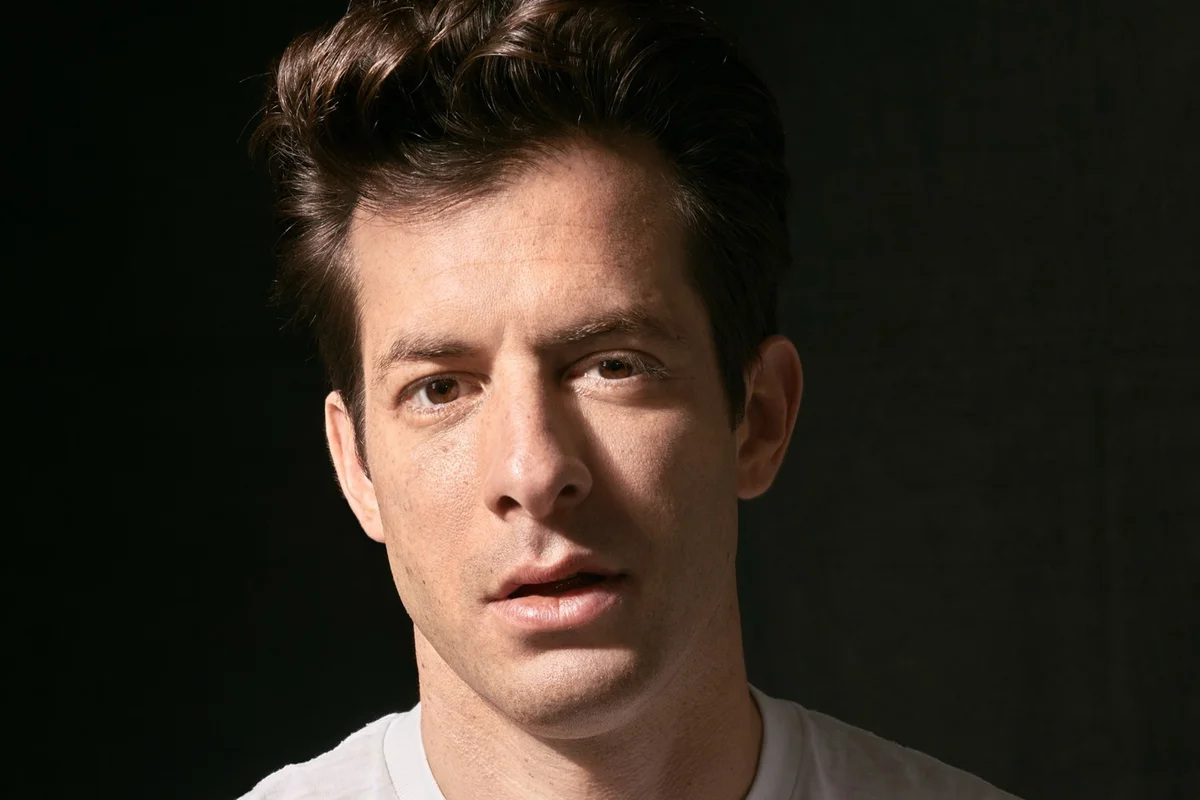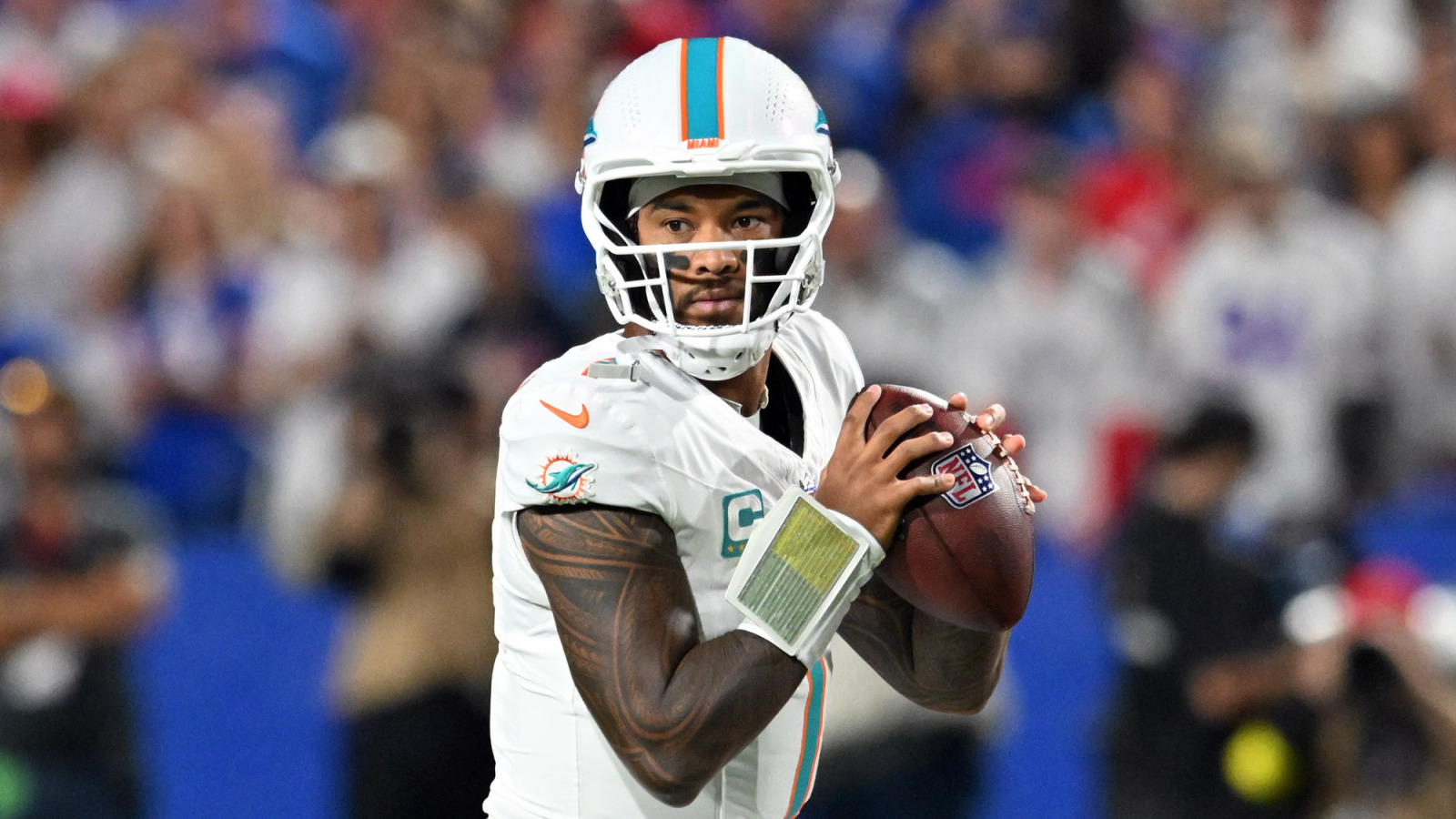By Hannah Ewens
Copyright independent

Mark Ronson is a night person. To embellish the definition given in his new memoir Night People, this is someone who runs like a feral cat into the dark, freewheeling on uppers and their own compulsions, no agenda other than to claw at freedom. I’ve known plenty of these people. They don’t function so well in the day: problems are too bright, the hours too constraining, too linear.
Interestingly, they’re not usually the sort of Australian energy drink bros you might imagine. They’re unassuming or insular, or – like Ronson is when we speak – curiously languid, well-dressed, and with the kind of transatlantic drawl that makes the hit producer impossible to place. Sometimes night people learning to be day people wear a crisp shirt.
He’s perched in the soft daylight of his NYC window, brown hair tousled, telling me why he had to write this coming-of-age memoir about DJing in the Nineties New York club scene. At nearly 50, he’s found that the new anecdotes have started to push out the old ones. “F***, these memories are fading – I’ve done enough damage to my brain over the years,” he half-jokes. “I thought I better get these stories down before it’s absolutely too late.” As if it were planned, Ronson smiles out the window at the proof of this later chapter of his life: one of his two baby daughters is leaving the house, presumably with a minder or his wife (the actor Grace Gummer, whose mother is Meryl Streep). He spins the screen around so I can catch a glimpse of his little girl, but it’s too late.
People don’t necessarily know this early history of Ronson, super-producer. He’s so respected for injecting life and soul into his chart-topping bops that he’s typically listed as the first artist. “Nothing Breaks Like a Heart”? Mark Ronson, Miley Cyrus. “Uptown Funk”? Bruno Mars relegated to a pithy “feat.” credit. Amy Winehouse extended the same courtesy on “Valerie”. That signature sound, all pomp and brass and funk, has frequently been labelled retro. I would call it classic, though his songs do feel nostalgic for disco and dancefloors. “I used to really get a bit wound up when people would say ‘retro’,” he says, almost drolly, “but it’s true that I do love certain [elements] of classic music that I’ve always tried to infuse into my own.” The result: almost no one is as distinctive a pop producer as Ronson, except perhaps slinky, groovy Pharrell Williams.
If you want that book about the records he’s made and the stars he’s worked with, you’ll have to wait another decade, when he’ll inevitably write it. He’s not in denial that people expect that from him, so he makes it clear early on in the memoir that this isn’t it. “I felt that anybody who might be a fan of Amy or ‘Uptown Funk’ just deserved to know that,” he says. Not in case they’d feel swindled, he hastens to add; just so they’d understand why he felt it was important to write about this era.
I doubt anyone will feel swindled by Night People. You can sink into sensuous detail about vinyl and needles and specific songs (even samplers become interesting, who knew?) or you can revel in Ronson’s privileged childhood: he was friends with Sean Lennon and interned at Rolling Stone at 12, when most kids his age were on their bikes delivering said magazine.
Ronson was born and raised in London, the child of social darling Ann (nee Dexter, now Dexter-Jones) and British real-estate heir Laurence Ronson, who managed 1981 Eurovision winners Bucks Fizz. After they divorced, Ann married Mick Jones of rock band Foreigner, who wrote the ballad “I Want to Know What Love Is” about her. The couple moved Ronson and his siblings to New York. All three of those parents were night people who held legendary at-home ragers. Really, though, this book is about the wildness of the club scene that Ronson broke his way into, climbing the ladder to become a key player.
Imagine throwing back shots next to Jay-Z and Mariah Carey, as RuPaul and Biggie shuffle past you, a regular Joe, a construction worker, an assistant, an office worker. Dancing for as long as you want; living completely off-the-clock at anything-goes, culture-clashing hip-hop nights. “There were no camera phones, and so little documentation,” Ronson remembers. “This time in New York was very special, because it was before bottle service, and before the clubs got all chi-chi and organised by social status, VIP rooms and tables.”
It’s not that anything shared in Night People makes Ronson look bad – it’s a flattering self-portrait, if anything – but it feels as though he’s being genuine about what he experienced. “I’m 49 – what do I have to really lose?” he says at this suggestion. “I’m not saying anything that would bring shame or embarrassment to my family, but there’s probably some ambition in there. ‘This book is gonna be better if I’m honest.’ It’s a strange phrase to use, but some of it was commercial thinking.” And you don’t win nine Grammy awards by shying away from being commercial.
He is frank about his family’s wealth, for instance – which allows the reader to enjoy it, too. “I spent my teens and early twenties, when I was coming up in this scene, a little bit embarrassed, or trying to hide the fact that I came from money,” he says, in the same relaxed tone. “I was going into this downtown hip-hop scene where people did not come from the background that I did. I thought it would make me ‘other’.” He was over that by the time he came to write about himself, but this honesty truly emerged from the book after he gave a completed draft to his wife’s cousin, the journalist Abe Streep.
Streep had “really valuable but quite critical advice”, says Ronson, particularly on an era he had written about in which his stepfather, Jones, lost all his money after a trusted adviser embezzled tens of millions of dollars from him. The family had to sell their home, along with all the furniture, to move into a rental uptown, paid for by Dexter-Jones, who had money left over from her divorce from Ronson’s father.
In that early draft, Ronson hadn’t been specific about where they’d moved to, or how serious these financial losses were. According to Ronson, Streep said: “‘My wife grew up living on the street, and I know someone who didn’t come from money could resent the fact that you’re tiptoeing around these things involved with what you had.’” Ronson subsequently spoke with family members and looked into his finances to make sure any monetary details were watertight.
“I’m sure there are people that think, ‘Why do I want to f***ing read this thing about this kid in hip-hop that grew up with a silver spoon?’” he admits, but he paraphrases Eminem’s philosophy: to say everything that your detractors might say, before they can say it.
He expanded a section about being Jewish in the music industry in response to Kanye West’s antisemitic posts on X (formerly Twitter) in early 2025. “I do think there’s something worthwhile about understanding the roots of where some of these things come from,” he explains. “Not hatred, because hatred is ugly and has no rationality behind it, but this sense of distrust that was embedded between these groups when I was coming up.” He is honest about the fact that he observed some antisemitism on his way to the top, but also that he didn’t personally feel the tension between Black people and Jewish people that appeared to be playing out in music at that time. “Jews were a part of white America; some of the record executives who had stolen publishing rights from artists in the early days were Jewish,” writes Ronson.
What’s inescapable in the book, in the context of 2025, is just how prevalent P Diddy is: the rapper is always there in white fur, scanning rooms like a CEO, commanding dancefloors. Referred to by Ronson as “Puffy”, his presence is ominous 20 years later, in light of horrific allegations of what was going on behind closed doors: abuse, violence, intimidation. Ronson tried to cut him out of the book entirely, but that didn’t work: not only was Puffy there on the dancefloors he writes about, but Ronson was his unofficial favourite DJ.
Opportunities rolled in as a result of his being favoured by the rapper. “Puffy discovered downtown, decided he wanted to make it his own, and came in with all this magnetism and force, and everybody suddenly wanted to be wherever he was,” explains Ronson. “Everybody from f***ing Henry Kissinger to the Duchess of York to Denzel Washington to Mariah, all these people clamouring to get into his parties.” Jay-Z is another starring character on Ronson’s dancefloors. “Jay-Z certainly had more mystique around him because he was more cool, calm and collected,” says Ronson, comparing the two. “Puffy was extremely gregarious and the centre of attention. Often nights, they were in the same party.”
That celebrities loved Ronson’s skills behind the decks led, in part, to his being coined by the press as the first ever “celebrity DJ”. “I hated it when it came about, because ‘celebrity DJ’ – it sounds so plastic,” he explains, adding that he had a chip on his shoulder about his privilege and connections. It was also a confusing label: did it mean he was the go-to DJ of celebrities, or that he was a C-list celebrity himself? “You have to take some responsibility for the career choices you take,” he concedes now. “I wasn’t just DJ-ing cool underground clubs; I was playing Puffy’s 29th birthday and every f***ing fashion party, so of course your credibility can take a knock.”
What’s less clear in the book – deliberately so, perhaps – is what Ronson refers to as his “anxiety”, an existential condition that emerges with a drug-induced panic attack and lingers with a shrugged vagueness. He’s absentmindedly eating a piece of toast when I ask him what exactly he’s afraid of. “Mostly a fear of failure,” he says. “That motivation of fear has also been certainly beneficial in some ways in my career, because it has been 30 years of just working non-stop. At the same time, you would want to say ‘Yes, I want to do this gig’ because you love the idea of the project – not because you’re scared of what would happen if you say no.”
That conflict – between love and compulsion, passion and panic – runs beneath his story like a bassline.
Ronson wonders if the way he doesn‚Äôt tolerate party drugs well might be down to the drug consumption he witnessed in his early life, ‚Äúand how it just made such a horrible environment for growing up in‚Äù. This is briefly touched on in the book: his first childhood home was overrun by ‚Äúparty animals, rock stars‚Äù acting strangely. Loud music would wake him up in the night, and he‚Äôd wander between chaotic grown-ups, ‚Äúdodging lit cigarettes‚Äù. He writes that between the tiny ages of zero and five he felt ‚Äúanxiety, uncertainty, and negative anticipation … there was a fear that never quite left‚Äù. It‚Äôs no wonder that drug-taking was never simple for him, he says: ‚ÄúI‚Äôm sure that seeing some of the issues my parents had, [I was] being, like, ‚ÄòOh, am I just re-enacting that?‚Äô Just living that out, you know?‚Äù
Now, for the most part, Ronson ignores the call of the night to prioritise being with his wife and their two children. Did he always know he would eventually become a father, or, as he puts it, a “quote-unquote old dad”?
“I always thought that I wanted kids, but I think there was definitely a disconnect between the way that I was living my life and the people that I was dating or married to, with this idea that I wanted kids. It’s like, really? Did you want kids? Because would you have picked that person?” He pauses. Ronson’s previous public relationships have included one with Rashida Jones, and his first marriage, to Joséphine de La Baume. “I’m as much at fault as anyone, if not more, in any of the relationships that I was ever in that didn’t work. But I think I just grew up. I grew up certainly more in the last four or five years than I did in the 25 years preceding it.”
Negotiating with the fact that he’s still a night person isn’t always easy, but he tries. Take tonight, for instance. After a day of promo for this book, he’ll return to the studio to work on a film score. “It’s a difficult thing, after 25 years of living your life with this other set of drives and motives,” he says, a little wistfully. “I used to never leave the studio ’til three in the morning, because what if I leave at 10? What am I leaving on the table? What’s the magic that could have happened? And at this point, it’s just like, ‘Bro, come back tomorrow.’ If there’s magic there, it’ll happen in the day.”
‘Night People: How to Be a DJ in ’90s New York City’ is out now, published by Penguin



